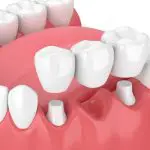When Do Puppies Teeth the Worst? Tips to Soothe the Teething Process
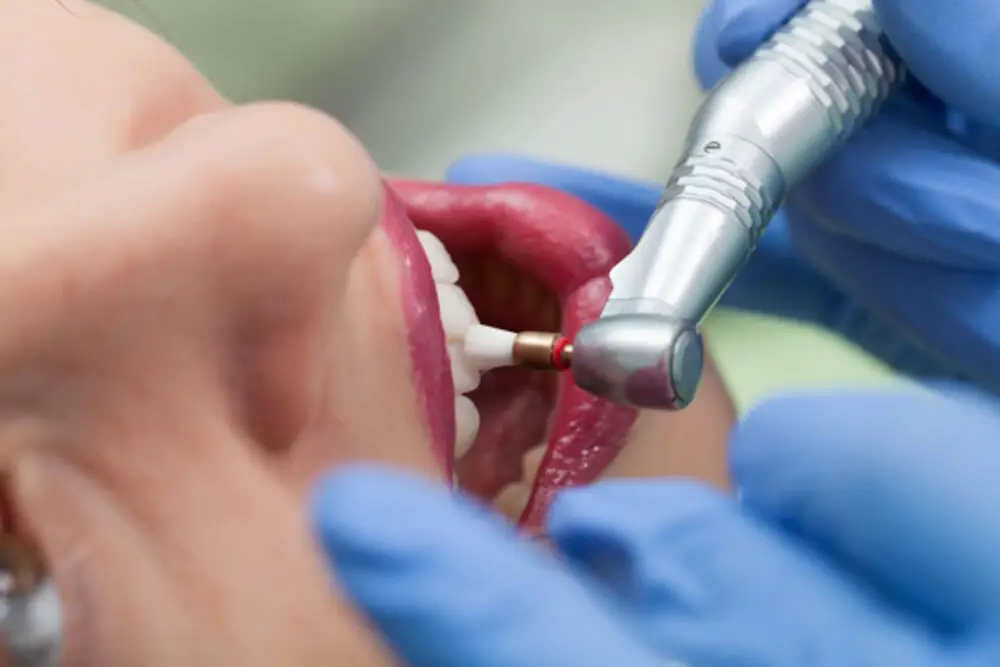
As a puppy owner, there are many exciting milestones to look forward to, such as the first time your furry friend takes their first steps or learns to sit on command. However, one aspect of puppyhood that can be challenging is the teething process. Just like human babies, puppies go through a teething phase, which can be uncomfortable and frustrating for both the pup and their owner. Teething is a natural process that all puppies go through, but it can be difficult to know when it will happen and how to soothe your puppy during this time. Teething typically occurs between the ages of three and six months old, and it can last for several weeks. During this time, your puppy’s baby teeth will start to fall out, making way for their adult teeth to grow in. The teething process can be uncomfortable and painful for puppies, and they may experience symptoms such as drooling, chewing on objects, and irritability. As an owner, it’s important to be patient and understanding during this time, and to provide your puppy with the necessary tools and resources to soothe their teething discomfort. In this article, we will explore when puppies teeth the worst and provide tips on how to make the teething process as easy as possible for both you and your furry friend.
Puppies, like human babies, go through a teething process. It usually starts when they are around three weeks old, and it can last until they are six months old. During this time, puppies will chew on anything they can find, from shoes to furniture, as their teeth are growing and breaking through their gums. This is because the act of chewing helps relieve the discomfort and pain caused by the teething process. It also helps the puppies to develop strong jaw muscles and healthy teeth. As a pet owner, it is important to provide your puppy with appropriate chew toys and regularly check their teeth to ensure they are healthy and developing correctly.
Understanding when puppies teeth the worst is crucial for any dog owner. Puppies, like human babies, go through a teething process that can be uncomfortable and painful. During this time, it is common for them to chew on anything they can find to relieve the pain. It is important to know when this process is happening so you can be prepared with appropriate toys and chews to provide relief. Additionally, knowing when your puppy is teething the worst can help you identify any potential health issues. If your puppy is showing signs of extreme discomfort or not eating, it may be time to seek veterinary care. Overall, understanding when puppies teeth the worst can make the teething process much easier for both you and your furry friend.
When Do Puppies Start Teething?
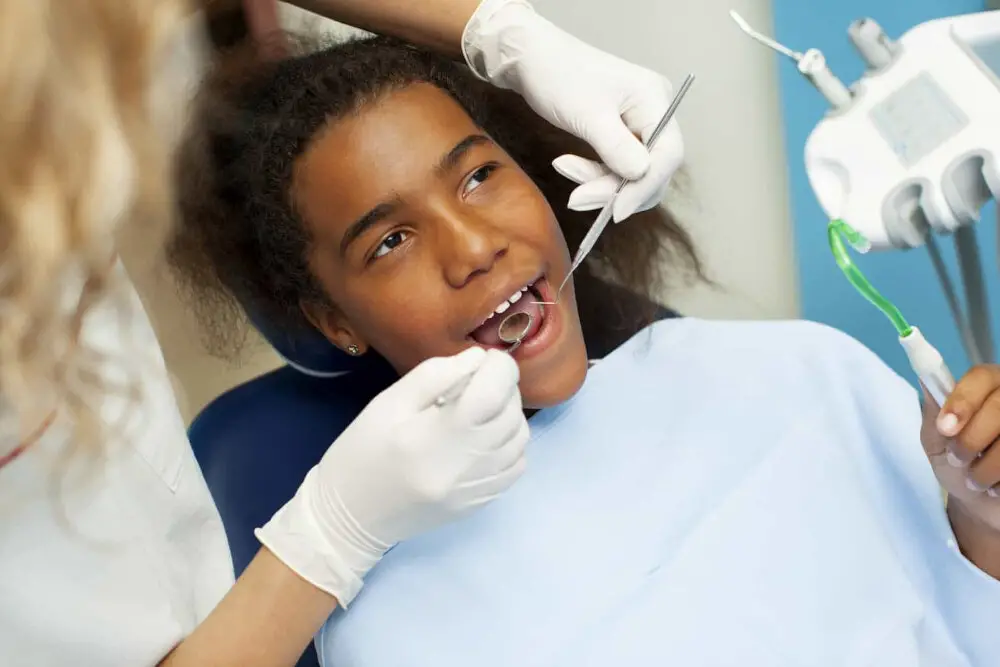
Puppies start to teeth when they are around 3-4 weeks old. At this point, their baby teeth, also known as deciduous teeth, begin to emerge from their gums. This process can be uncomfortable for puppies, causing them to chew on anything they can find to relieve the pain. As they continue to grow, their adult teeth will start to push out their baby teeth, which is when their teething becomes the most intense. This process usually starts around 3-4 months and can last until they are 6-8 months old. During this time, it’s important to provide your puppy with appropriate items to chew on, such as toys designed for teething puppies or frozen items like carrots or ice cubes. It’s also important to monitor your puppy closely to ensure they aren’t chewing on anything dangerous or harmful, such as electrical cords or toxic plants. With patience and proper care, your puppy will make it through the teething process and have a healthy set of adult teeth.
Puppies are adorable little creatures that bring joy to our lives, but with them come a series of challenges, one of which is teething. Teething is a process that puppies go through where their baby teeth fall out, and their adult teeth start to emerge. This process usually starts when puppies are around 3 to 4 months old, and it can last until they are 7 to 8 months old. During this time, puppies may experience discomfort and pain, which can lead to destructive behavior, such as chewing on furniture or shoes. It is essential to provide them with proper care, attention, and toys to help soothe the teething process and make it a little more bearable for both the puppy and the owner.
The teething process for puppies can be a challenging time for both the puppy and their owners. Teething is a natural occurrence where the puppy’s baby teeth fall out and new adult teeth grow in. This process usually begins around three months old, and can last until the puppy is around seven months old. During this time, puppies may experience discomfort, pain, and even loss of appetite. It’s important to provide puppies with appropriate chew toys, frozen treats, and proper dental care in order to alleviate their discomfort and ensure healthy teeth growth. With patience, understanding, and proactive measures, the teething process can be manageable for both puppies and their owners.
As they go through their teething process, puppies may exhibit a variety of symptoms that can cause discomfort or pain. One of the most common signs is excessive chewing or biting, as they try to alleviate the discomfort of new teeth pushing through their gums. You may also notice your puppy drooling more than usual, or refusing to eat or drink as much as they normally would. Additionally, you may see blood spots on their toys or around their mouth, indicating that their gums are sore or bleeding. Some puppies may also become more irritable or restless, and may be more prone to whining or barking. If you notice any of these symptoms, it’s important to provide your puppy with plenty of toys, chews, and other items to chew on, as well as to monitor their behavior closely to ensure they’re not in too much pain.
When Do Puppies Teeth the Worst?
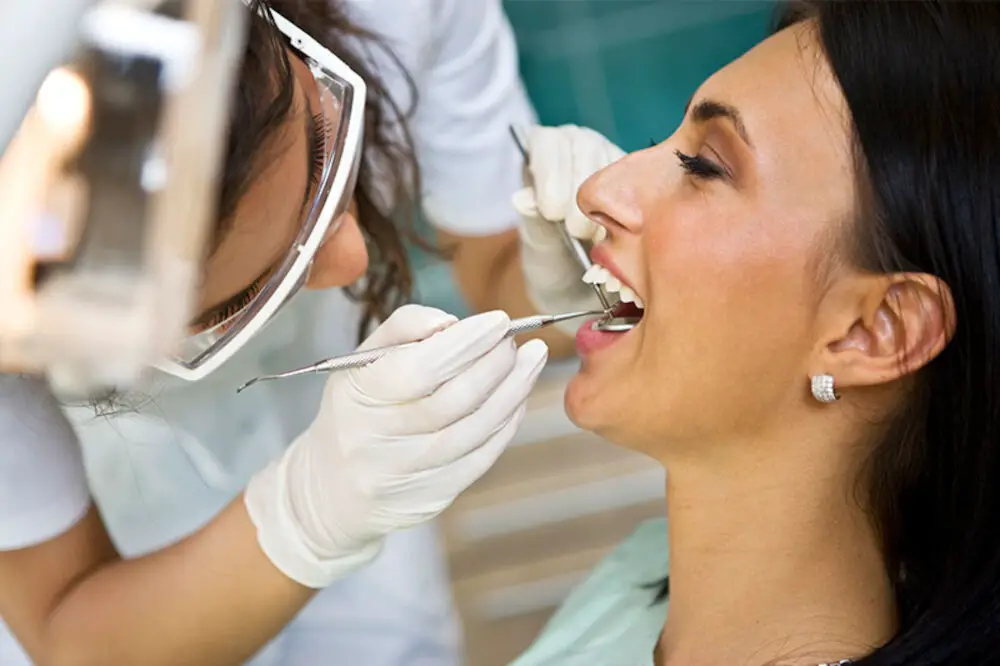
Puppies are adorable and loving, but they can also be quite challenging to handle during their teething stage. Puppies typically start teething around 3-4 months old, and their teething process can last up to 8 months. During this time, they will experience discomfort, pain, and itching in their gums, and they will chew on anything they can get their teeth on to soothe their discomfort. The worst part of a puppy’s teething process is usually around 4-6 months of age, where their adult teeth are starting to push out their puppy teeth. This can cause bleeding, swelling, and inflammation in their gums, and they will be more likely to chew on anything they can find, including furniture, shoes, and other valuable items. To help soothe your puppy’s teething process, there are several things you can do. First, provide them with plenty of chew toys that are specifically designed for teething puppies. These toys are made of soft rubber or nylon and are gentle on their sore gums. You can also freeze these toys to provide extra relief for their discomfort. Second, give them plenty of attention and affection to distract them from their teething pain. Play with them, take them for walks, and give them plenty of cuddles to help them feel comforted. Finally, provide them with a healthy and balanced diet that is rich in vitamins and minerals to support their dental health. With these tips, you can help your puppy get through their teething process with minimal discomfort and damage to your home.
Puppies, like human babies, experience teething discomfort as their new teeth grow in. While the teething process can last for several months, the age range when puppies teeth the worst is typically between three and eight months. During this time, puppies may experience excessive drooling, chew on anything they can get their paws on, and even develop sore gums or bleeding. It’s important for pet owners to provide their puppies with plenty of chew toys and safe objects to gnaw on, as well as to seek veterinary advice if they notice any concerning symptoms or behaviors. With patience and proper care, puppy teething can be a manageable and temporary phase for both the pup and their owner.
Puppies teeth the worst during the teething process, which typically occurs between the ages of 3 to 7 months. This is because during this time, their baby teeth fall out to make way for their adult teeth, causing discomfort and pain in their gums. As a result, puppies may chew on everything they can find to alleviate the pain, including furniture, shoes, and even their own toys. This can be frustrating for puppy owners, but it’s important to understand that teething is a natural process and that with patience and the right tools, your furry friend can get through it with ease. Offering chew toys, frozen treats, and gentle rubs on their gums can help soothe their discomfort and minimize destructive behaviors.
When puppies are teething, they may exhibit a variety of common behaviors and symptoms that can be challenging for their owners. For example, they may chew on everything in sight, including furniture, shoes, and even their own paws. They may also drool excessively, whine or cry, and refuse to eat or drink. Additionally, puppies may become more irritable or aggressive during this time, as the discomfort of teething can be overwhelming. To help soothe the teething process, owners can provide their puppies with appropriate chew toys, frozen treats, and other forms of distraction and comfort. With patience and care, puppies can get through this challenging period and emerge as happy, healthy adult dogs.
Tips to Soothe the Teething Process

Teething is an essential process for every puppy, but it can also be frustrating and painful. Luckily, there are a few things you can do to soothe your puppy’s teething process. First and foremost, you must provide your puppy with plenty of chew toys. Chewing on toys can help relieve the discomfort and pain associated with teething. Additionally, chewing on toys can also help remove any loose teeth, which can prevent the risk of infection or other dental issues. Another way to soothe your puppy’s teething process is by using cold items. Cold items can help numb the pain and reduce inflammation. You can freeze toys or wet a washcloth and then put it in the freezer for a few hours. Once frozen, give the toy or washcloth to your puppy to chew on. Additionally, you may also consider rubbing your puppy’s gums with your finger. The gentle pressure can help relieve the pain and discomfort associated with teething. Just be sure to wash your hands thoroughly before and after to prevent any potential infections.
Providing appropriate chew toys is crucial in managing a puppy’s teething process. Puppies have a natural tendency to chew and gnaw on objects to relieve discomfort and stimulate their gums. However, it’s essential to select the right type of chew toys that are safe for your pup and won’t damage their teeth. Soft rubber toys, nylon bones, and KONG toys filled with frozen treats are excellent options for teething puppies. It’s also essential to supervise your puppy while they’re chewing to prevent any accidental ingestion or choking hazards. By offering appropriate chew toys, you’re not only helping your puppy cope with teething but also promoting healthy oral habits that will benefit them in the long run.
Cold therapy is a popular method of easing the pain and discomfort associated with teething in puppies. This involves applying a cold object to the puppy’s gums, which can numb the area and reduce inflammation. Some popular cold therapy options include frozen washcloths, chilled teething toys, and ice cubes wrapped in a soft cloth. It is important to note that while cold therapy can be effective in providing temporary relief, it should not be overused as it can cause damage to the gums. It is recommended to use cold therapy in conjunction with other teething remedies and to monitor the puppy closely for any signs of discomfort.
Offering soft foods to your teething puppy can be a great way to ease their discomfort. Soft foods are easier for your puppy to eat and will not aggravate their sore gums. Consider giving your puppy wet food or soaking their kibble in water to make it softer. You can also offer them mashed sweet potatoes, boiled chicken, or scrambled eggs. It’s important to avoid hard treats and bones during this time, as they can cause further irritation to your puppy’s gums. Soft foods not only provide relief to your puppy’s teething pain but also ensure that they are still getting the necessary nutrients for their growth and development.
Dental care is an essential aspect of a puppy’s overall health and well-being. During the teething process, puppies experience discomfort and pain as their baby teeth fall out and adult teeth grow in. As a result, it’s crucial to provide them with soothing relief to ease their discomfort. Some ways to do this are to offer them frozen treats, provide them with chew toys, and gently massage their gums. Additionally, it’s essential to establish a dental care routine early on, such as regular brushing and dental check-ups, to prevent dental issues in the future. By prioritizing dental care, you can ensure that your puppy’s teeth and gums remain healthy and strong throughout their life.
As adorable as puppies can be, their teething process can be quite challenging for both them and their owners. Puppies start teething at about three weeks of age and continue until about six months. However, the worst of their teething usually occurs between three and six months of age when their adult teeth start to push through their gums. During this time, puppies experience discomfort and pain, leading to excessive chewing, biting, and mouthing. It is crucial to provide appropriate chew toys, frozen treats, and other soothing remedies to help alleviate their discomfort and prevent destructive behavior. Additionally, it is crucial to provide positive reinforcement and training to teach them appropriate chewing behavior.
The teething process in puppies can be a challenging and uncomfortable time for both the puppy and its owner. It is essential to provide appropriate care during this stage to ensure the puppy’s overall health and well-being. Neglecting proper care during teething can lead to dental issues, behavioral problems, and even malnutrition. To soothe the puppy’s pain and discomfort, owners should provide them with appropriate chew toys, a balanced diet, and plenty of attention and affection. Additionally, regular visits to the veterinarian can ensure that any dental issues are identified and addressed promptly. By providing appropriate care during the teething process, owners can help their puppies transition smoothly into adulthood with healthy teeth, a positive attitude, and a strong bond with their human companions.
As a responsible puppy owner, it is crucial to seek veterinary care if your puppy is experiencing any discomfort or unusual symptoms during the teething process. While it can be tempting to rely on home remedies or wait for the teething phase to pass, untreated dental issues can lead to more severe health problems. Your veterinarian can provide advice on the best ways to soothe your puppy’s teething pain and ensure that their teeth and gums are healthy. Remember, early intervention can prevent long-term dental problems and help your furry friend live a happy, healthy life!
Conclusion
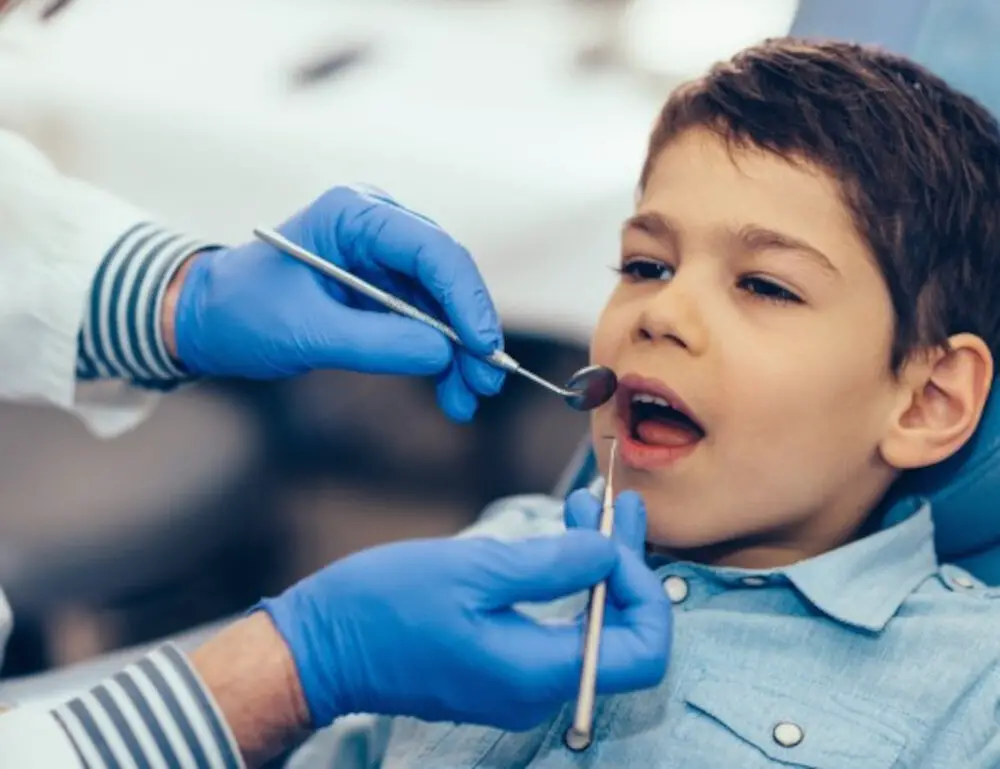
In conclusion, the teething process for puppies can be a challenging time for both the puppy and the owner. However, it is important to keep in mind that this is a natural and necessary process for the puppy’s development. Puppies tend to teeth the worst between the ages of three and six months, but every puppy is different. It is crucial to provide your puppy with appropriate chew toys and bones to soothe their discomfort and prevent destructive chewing behavior. Additionally, frozen treats, cold compresses, and gentle massages can also alleviate pain and discomfort. With patience, care, and the right tools, you can help your furry friend navigate through their teething process and emerge with a healthy set of adult teeth.

